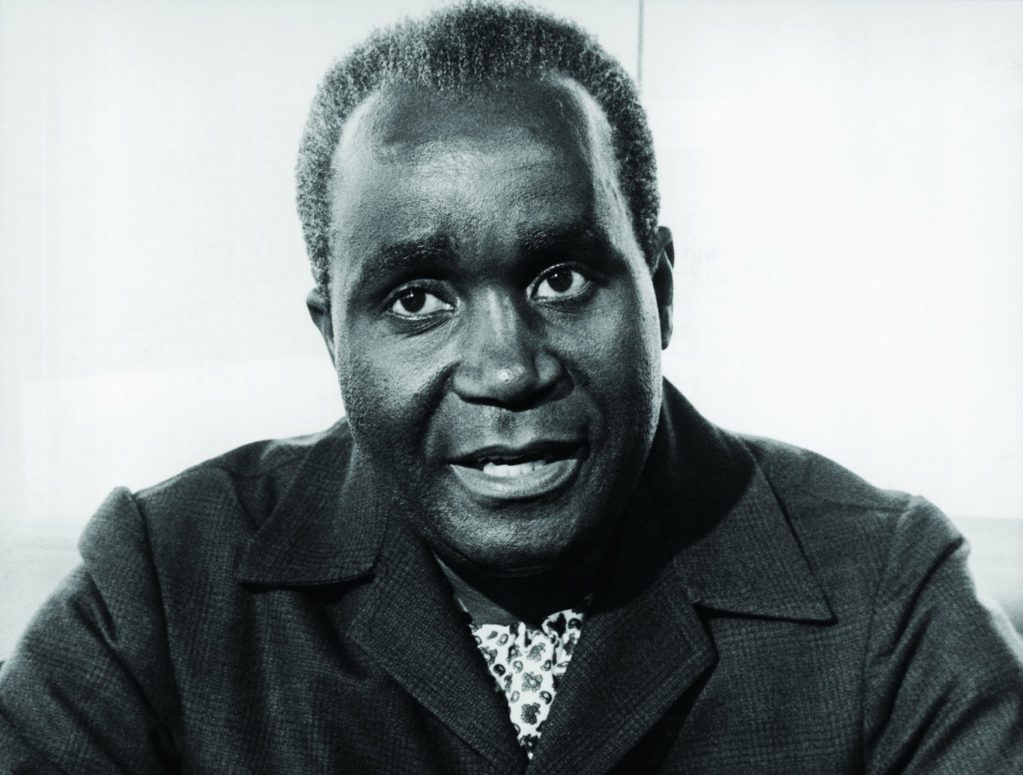There can’t be too many days when you start work climbing down a ladder, with a government spy, into a dingy underground shaft in search of a torture chamber. This was how the meandering road of journalism took me to tunnels and bunkers deep beneath Lusaka, the capital of Zambia, on a sunny day in September 1995.
A few hours earlier I had been sitting at the presidential palace with the diminutive former President Frederick Chiluba. He assured me, with his peculiar trademark expression of rolling his eyes so all you could see was their whites, that we would see shocking evidence of torture in the days of his predecessor Kenneth Kaunda.
At the time, Kaunda had been a thorn in the side of Chiluba and was staging a political comeback. To give Chiluba his due, the union leader had ousted Kaunda, fair and square, at elections on a wave of votes of people fed up with food shortages and autocratic tendencies from the old man. It ended Kaunda’s 27-year reign since the day Zambia won independence on October 24, 1964. KK or Super Ken, as they called him in the copper belt, was determined to fight back at the 1996 elections and was going to wring out every bit of popularity he had as well as making a nuisance of himself to the people in power.

Zambia’s former president Frederick Chiluba gives the thumbs up outside the Magistrates Courts on Febrauary 15, 2008 in Lusaka after the court ruled today that Chiluba should face a corruption trial in May. Chiluba would have to show cause why he should not be convicted on charges of theft of public funds and abuse of office, prosecutor Mutembo Nchito told AFP after the ruling by Lusaka Magistrate Jones Chinyama.
In response, Chiluba threw mud at Kaunda from every angle. He tried to deport the old man to Malawi with a bizarre claim that the former head of state was not a Zambian – his father, a Church of Scotland vicar, was born in Malawi. In 1998, there was a misprision of treason trial where Kaunda was charged with failing to inform authorities of a treasonous act. Kaunda, who spent nine months in prison during the independence struggle, was to spend many more months behind bars on remand and grew a bushy Father Christmas white beard in protest. Appropriate, since he was arrested on Christmas Day.
“These are frightened little men trying to hurt me,” was one of Kaunda’s phrases of the time.
This was the scene on the surface on that day I walked into the dim tunnels built by engineers from the former Yugoslavia in the days when Lusaka was under attack for sheltering guerrillas from neighboring Zimbabwe and South Africa.
It was a bit like walking down a mine as the shaft led downward, in a gentle incline. There were lights here and there perched in the rock; every now and then there was a room off the main tunnel. We had the camera ready to get shots of the torture chamber; we found… nothing. If there was a torture chamber it was well hidden.
We scoured the underground bunkers and all we found was a radio station with a five-kilowatt transmitter, lots of damp carpets and rotting wood, what looked like a council chamber and rooms filled with bunk beds; little else.
We emerged at the other end of the long tunnel, which came out at the presidential palace, puzzled. Why had Chiluba sent us on a wild-goose chase? There was anecdotal evidence from a Major Ronald Chansa who told of being held and tortured in the tunnels for 21 days in 1981.
Afterwards, we headed for Kaunda’s home in Lusaka to ask the question about torture.
“If I see a spider in the bath I will take it out before I put my water there,” says Kaunda in denying the charge.
“Maybe there were one or two over-zealous policeman, here and there, but I can say I know nothing of torture.”
Maybe.
Chiluba faced corruption charges after his term in office and died in June 2011. Chansa, if there was such a man, never spoke out again. Kaunda, who famously grabbed the microphone to make a tribute at Nelson Mandela’s funeral in December 2013, is alive and well, living in Lusaka. He pulled out of the 1996 election at the last minute and never stood again and was acquitted of misprision of treason.
Maybe between the three, lies the truth about the bunkers deep below Lusaka.
